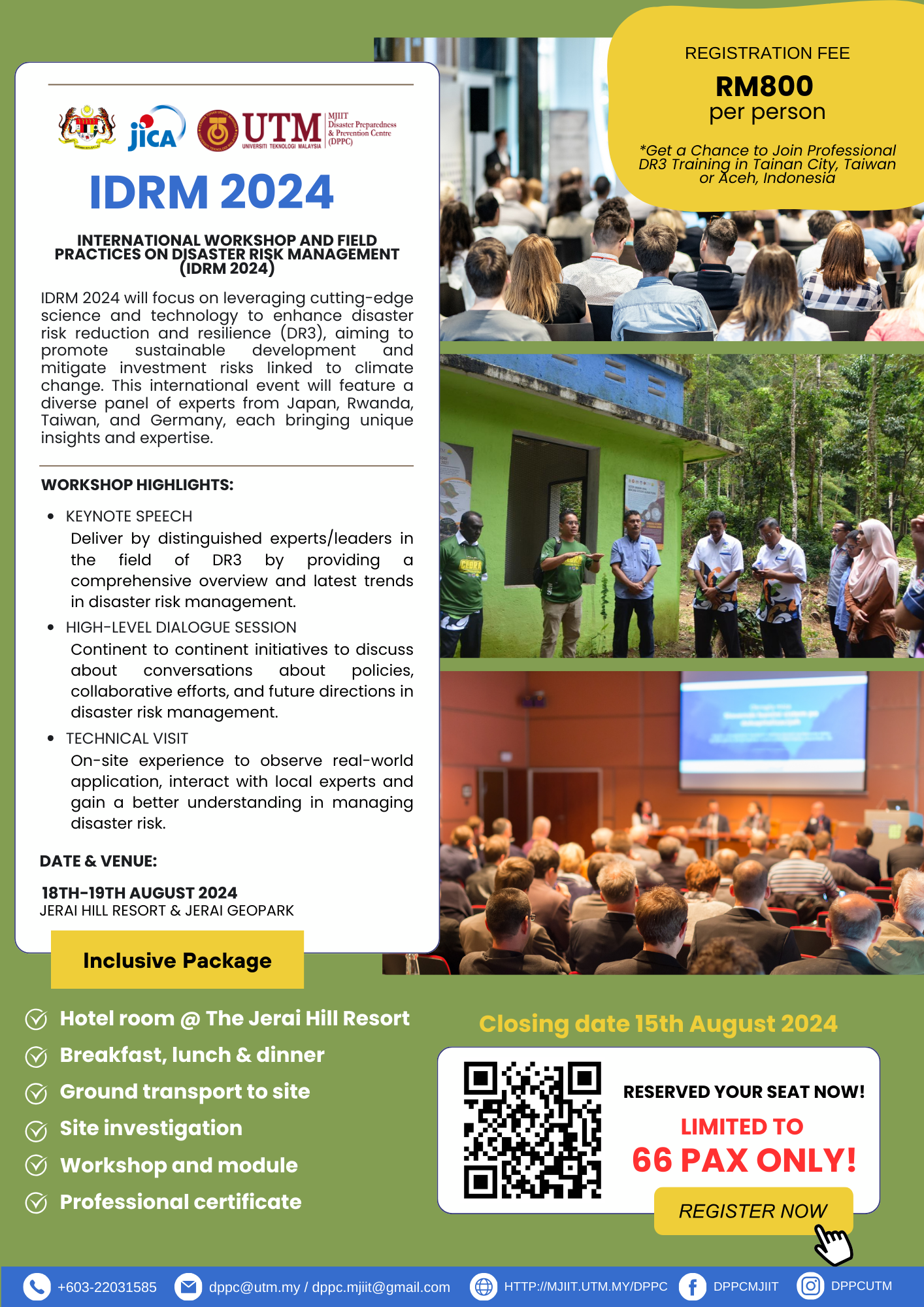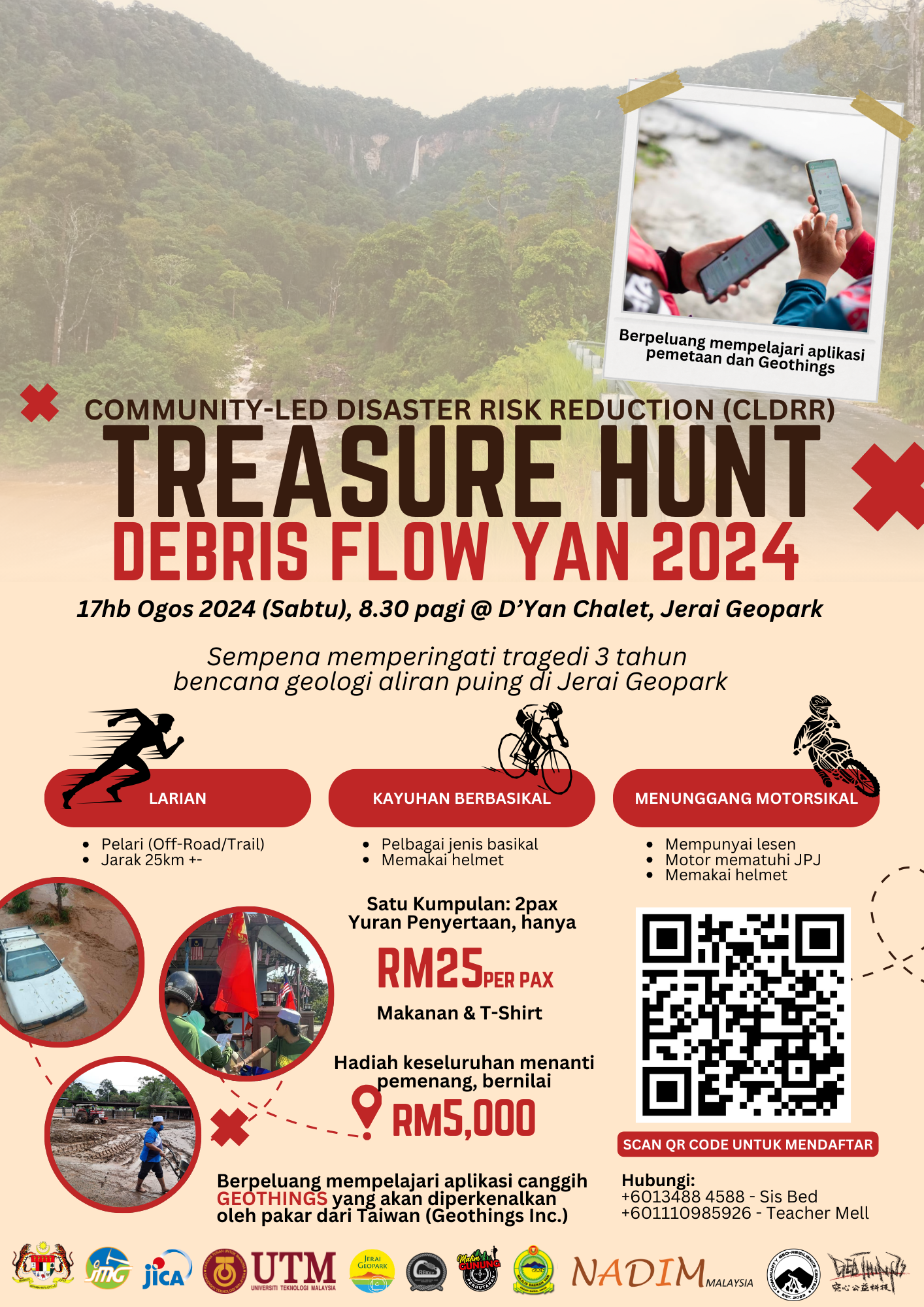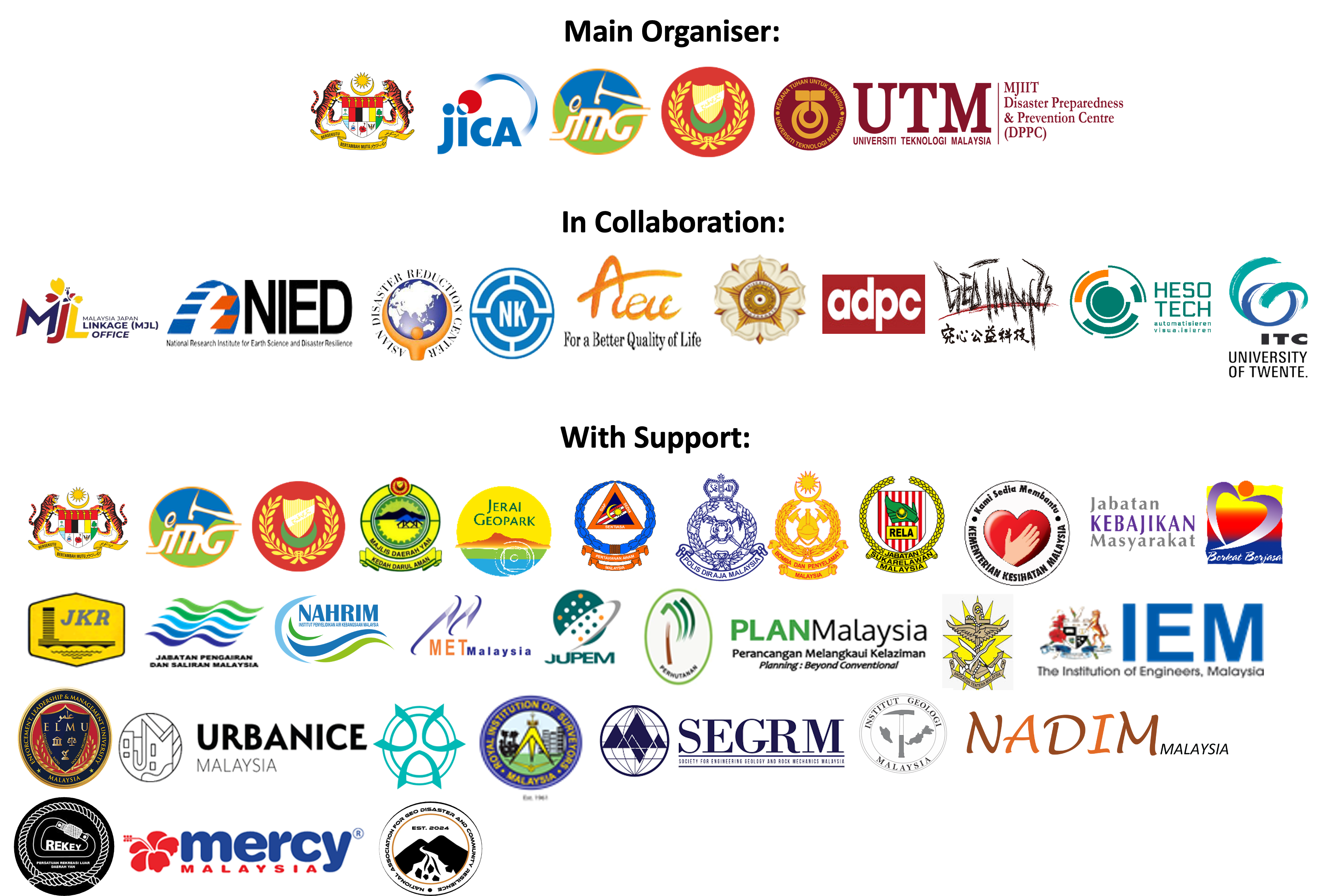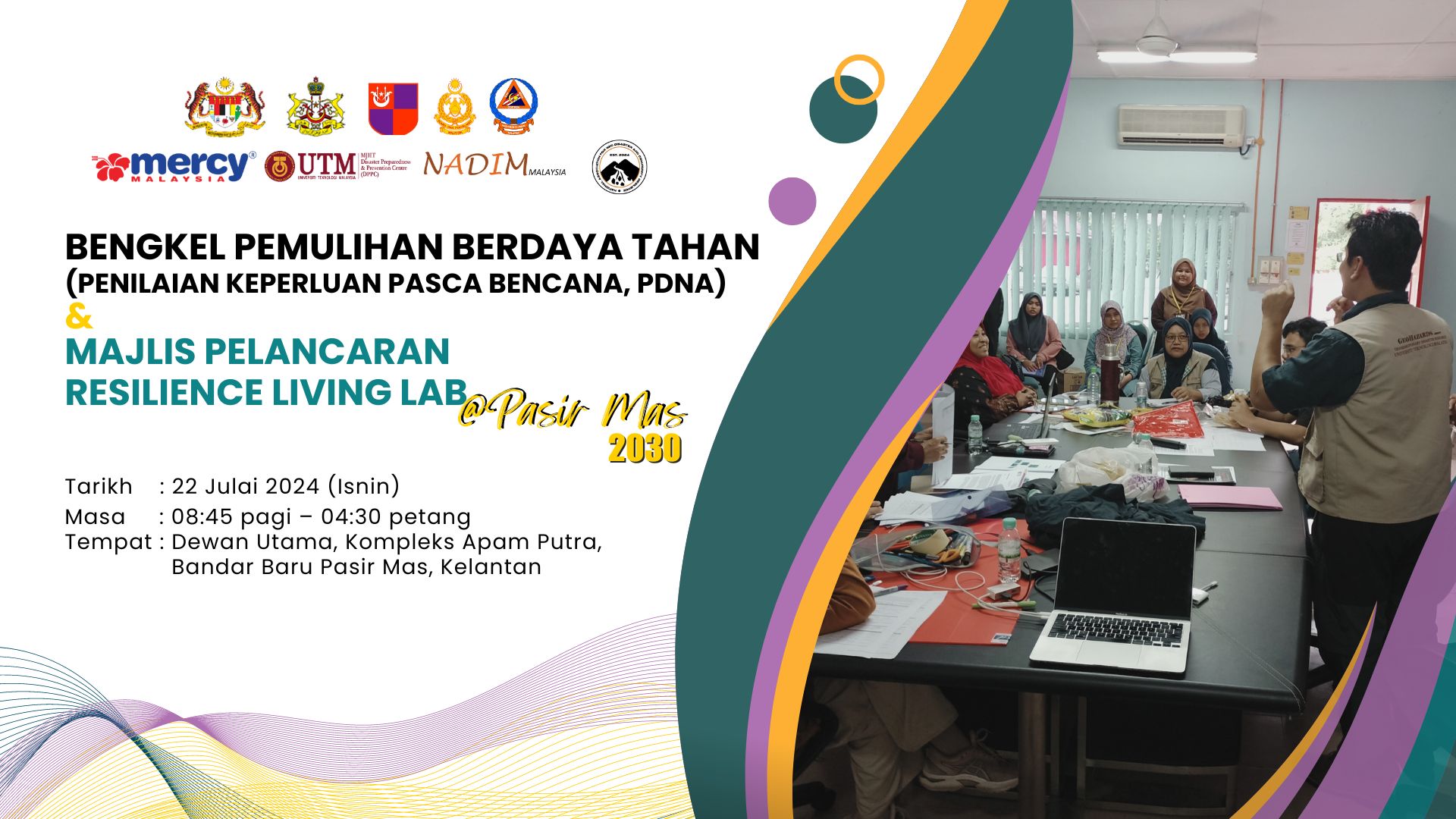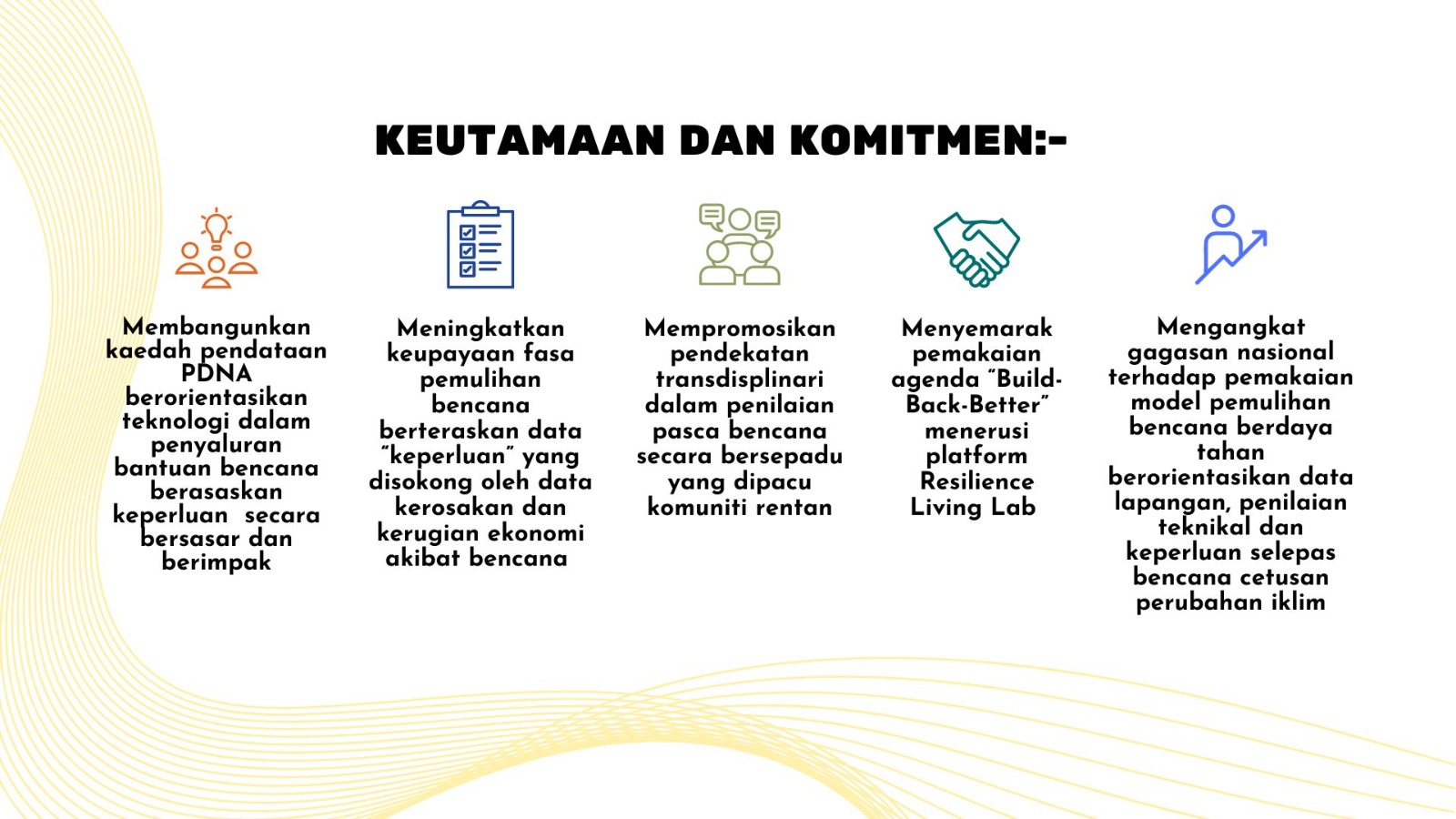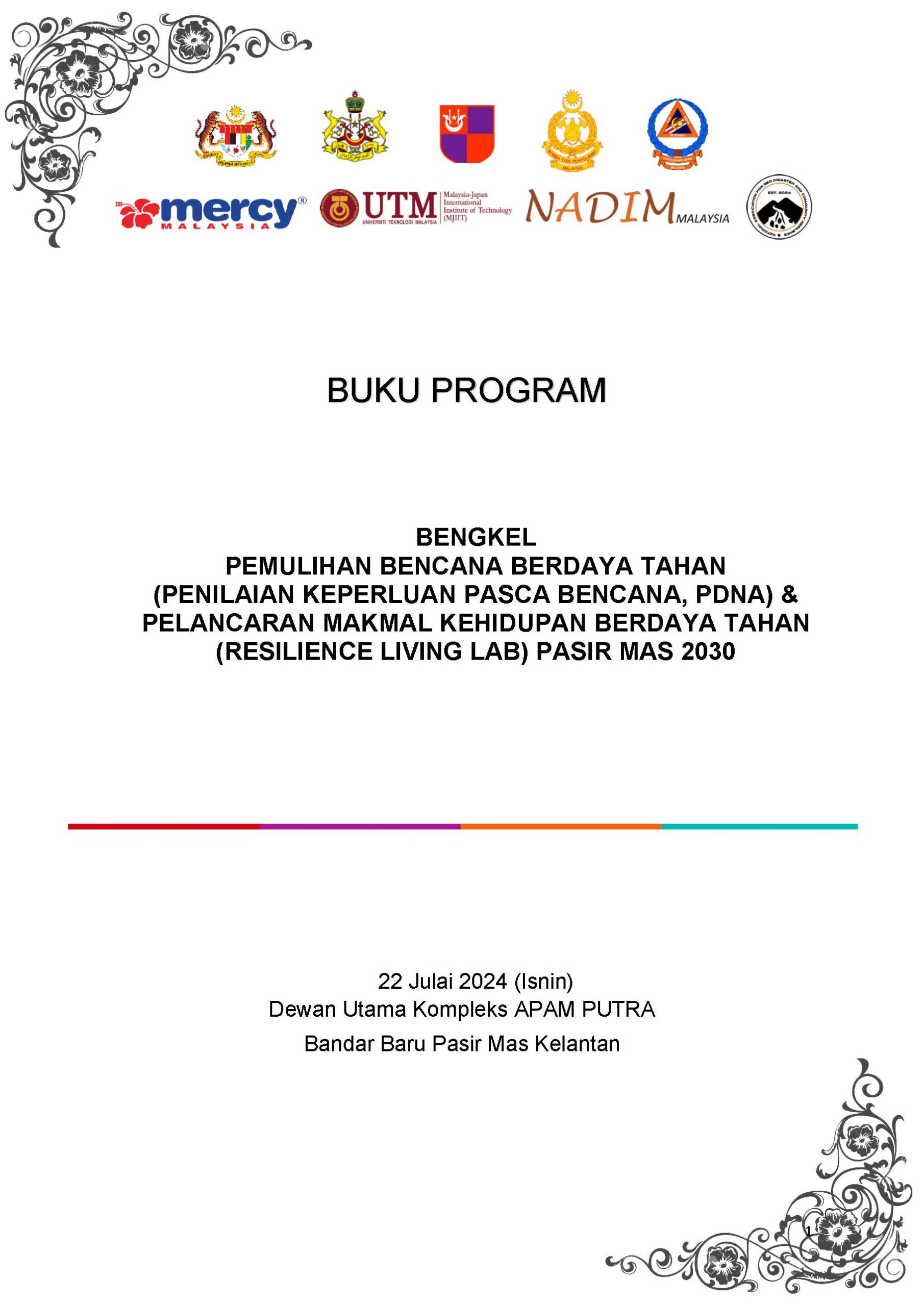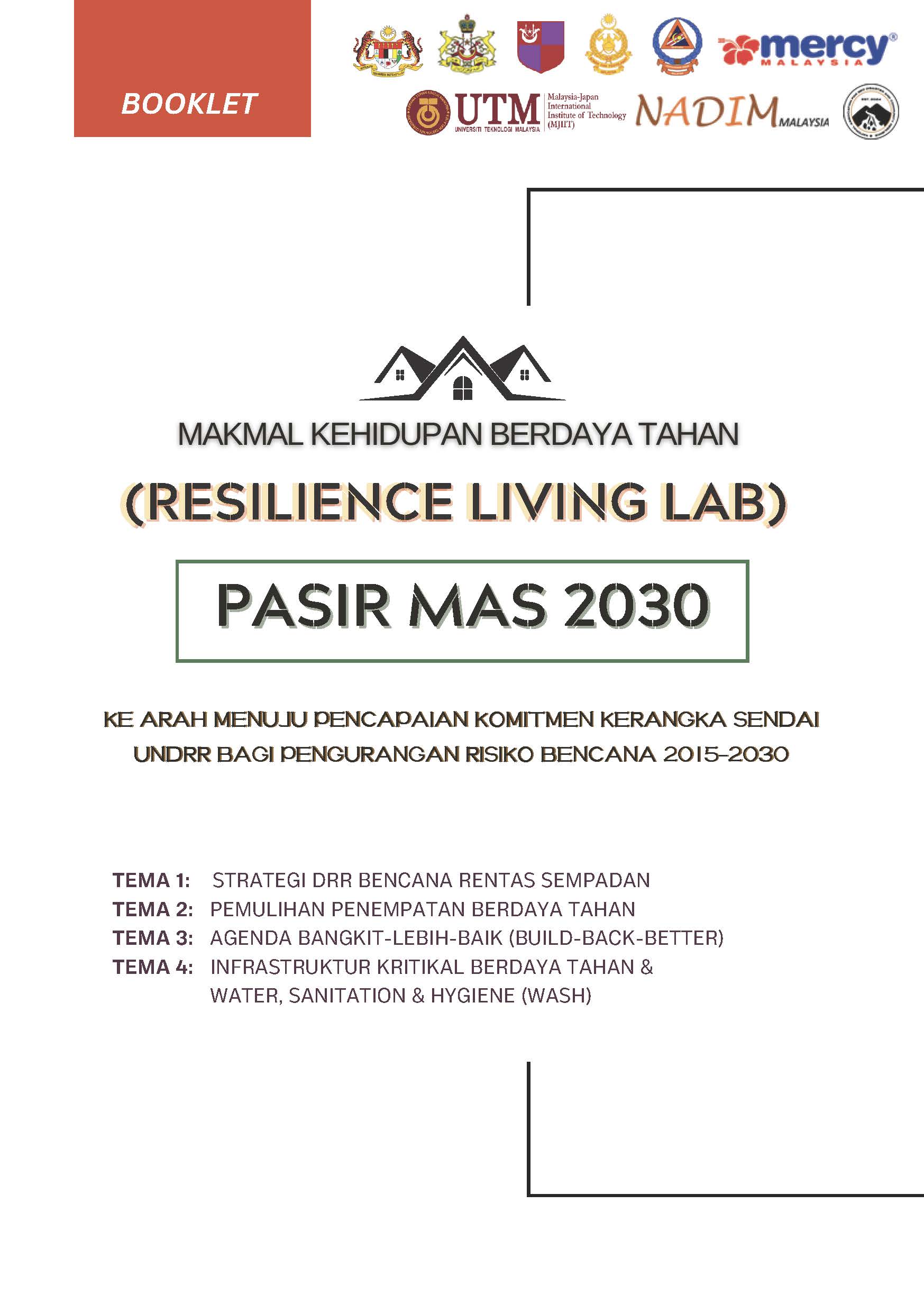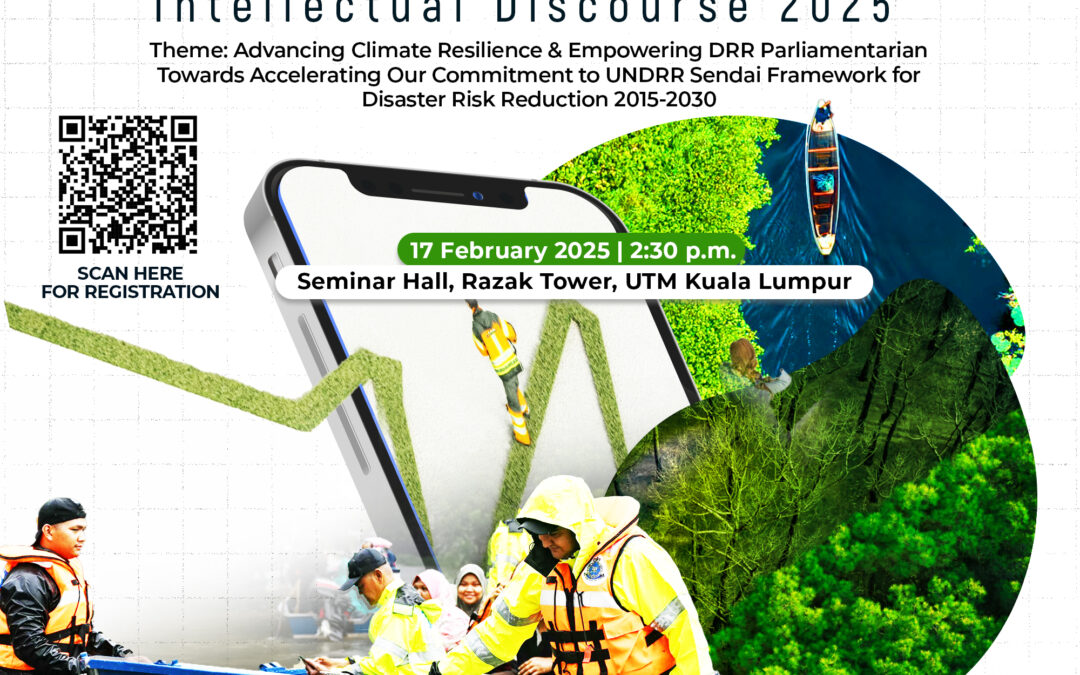
DISASTER RISK REDUCTION (DRR) INTELLECTUAL DISCOURSE 2025
DISASTER RISK REDUCTION (DRR) INTELLECTUAL DISCOURSE 2025
Theme: Advancing Climate Resilience & Empowering DRR Parliamentarian
The climatic risk landscape in Malaysia is evolving at an unprecedented speed and scale. The new, emerging hazards, systemic risk and compounding disaster that cascade across sectors, systems and impacts unveiled the urgent demands for re-examination of current approaches to understanding, managing and reducing current risk, while preventing new future risk.
While progress has been made in implementing the Sendai Framework for Disaster Risk Reduction 2015-2030 since its adoption in 2015, it is worth to mention that no single country is on track to achieve the outcome and goal by 2030. Risk reduction required whole-of-society involvement, especially the key players and main stakeholders at a local level, including the Parliaments and parliamentarians, as they uniquely positioned to catalyse, oversee, and monitor local DRR action, observe the laws and policies and their localized impacts.
The All-party Parliamentary Group Malaysia, Disaster Risk Management (APPGM-DRM) has been established by the Parliament Malaysia on 27 November 2024 with DPPC (MJIIT, UTM) is appointed as the Secretariat. The APPGM-DRM No.1/2024 meeting on 10th December 2024 revealed the importance of continuous advocacy on disaster education and spreading awareness on DRR and Humanitarian Development Nexus (HDN). HDN approach is an end-to-end framework that civil society organization and non-profit entities practiced to integrate humanitarian responses with development strategies. The goal is to create sustainable outcomes that help communities become more resilient to disasters. MERCY Malaysia and DPPC (MJIIT, UTM) had successfully organized the Sustainable Resilience Agenda: 20 Years of Commemoration of the 2004 Indian Ocean Earthquake and Tsunami in Banda Aceh, Indonesia on 21-26 December 2024. Moreover, the exchange of MoU between UTM and MERCY Malaysia marks our shared responsibility and collective action in pursuing this agenda.
DRR Intellectual Discourse is a multi-stakeholder platform consists of public, academia, parliamentarians, civil society and private sector to scientifically discuss the pressing issues and challenges as a result of recent extreme weather events, disaster and cascading impacts, and explore cost-effective solutions and highlights the priorities for action in the period of 2025-2030. It is very timely given our experience after 10-years yellow flood (2014-2024), with remarkable efforts by various stakeholders to reduce the impact of disaster, especially during the Monsoon. The launch of new policy of disaster risk reduction and new directive to replace National Security Council (NSC) No. 20 with NADMA Directive No.1 show strong commitment by the government to strengthen our risk governance and institutional capacity in Malaysia.
This multi-stakeholder platform explores new insights in supporting transformation disaster risk reduction and resilience, and advocating for a more sustainable and risk-informed trajectory especially in dealing with the tourism dominated zones and visitor populated areas. such as UNESCO World Heritage Site, Global Geopark and national geoheritage region. With the support of Japan International Cooperation Agency (JICA) through Malaysia-Japan Linkage (MJL) grant, we carried out an integrated research to co-develop a nationally-supported and locally-needed mechanisms and approaches to assess the emerging hazards and systemic risk in three geopark areas, namely as Jerai Geopark, Kenyir Geopark and Kinabalu Geopark, which affected by compounding disaster as a result of climatic risk and anthropogenic activities.
The first series of DRR Intellectual Discourse in 2025 serves an important avenue and critical junction to reflect, review and re-strategize our ambitious actions in de-risk investment agenda in Malaysia and ASEAN. We create regional awareness and generate political will and momentum for mainstreaming DRR into decision-making processes and scales. We embrace the cross-cutting role of science, technology and innovation in strengthening the effectiveness and efficiency of disaster-resilience building and correct our course to meet the national demands, redress our relationship with risk, and increase DRR investment.
This first DRR intellectual discourse explicitly calls all-of-society, relevant stakeholders especially the parliamentarians to develop new or amend existing disaster risk reduction-related legislation, set budget allocations, and hold government accountable for public protection. Successful DRR will not be achievable without DDR-specific policies, legislation, budgets, and oversight. Parliamentarians can advocate for DRR strategies and guided action in their roles as legislators, budget allocators, reviewers and approvers, financiers, overseers of government activities, and constituency representatives.
We also showcase best practices to address remaining gaps and adopt a risk-informed and prevention-oriented approach, through multisector practices in disaster risk management, climate change adaptation, resilient development planning and sustainable urbanization. This forward-thinking forum also highlights our committed progress, renew our shared responsibility, and integrated risk reduction into decision-making, investment and behaviour that spanned sectors, and working scales, towards preparing for future climate crises.
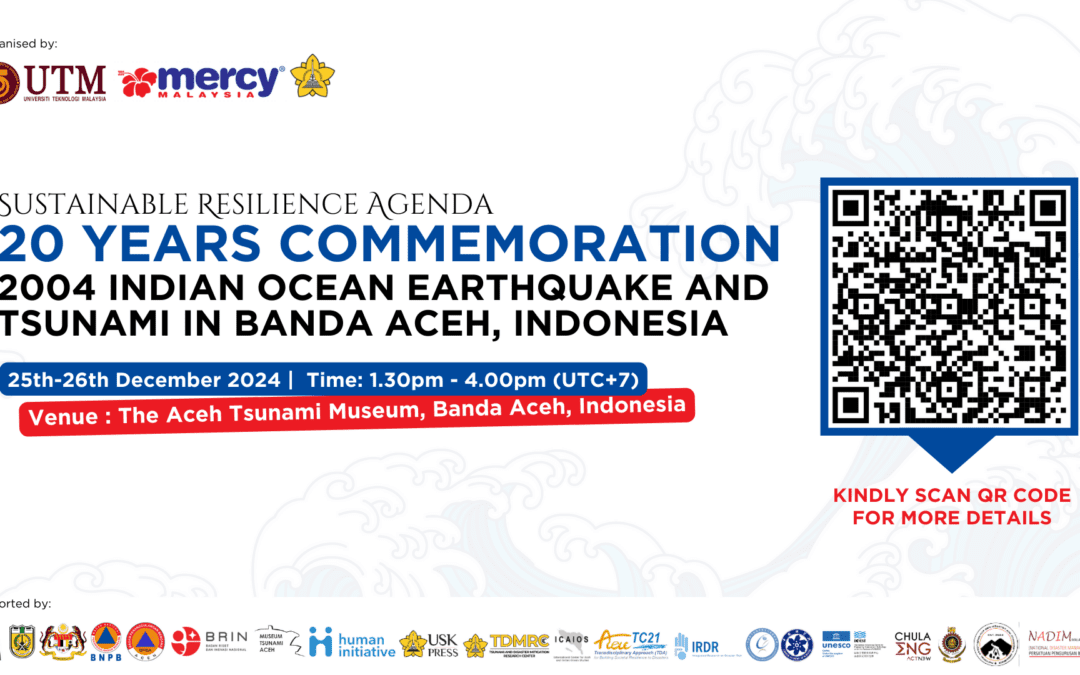
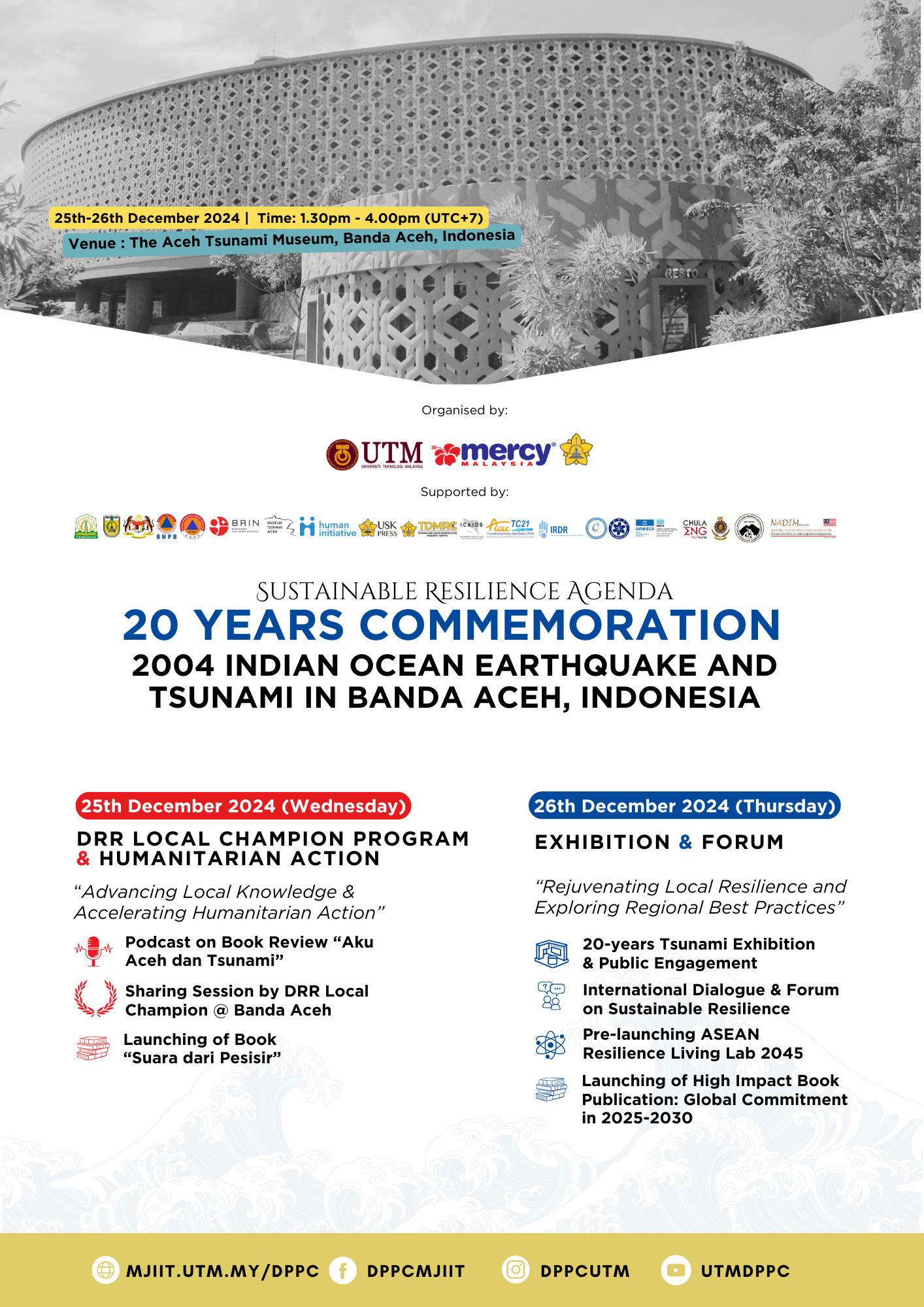

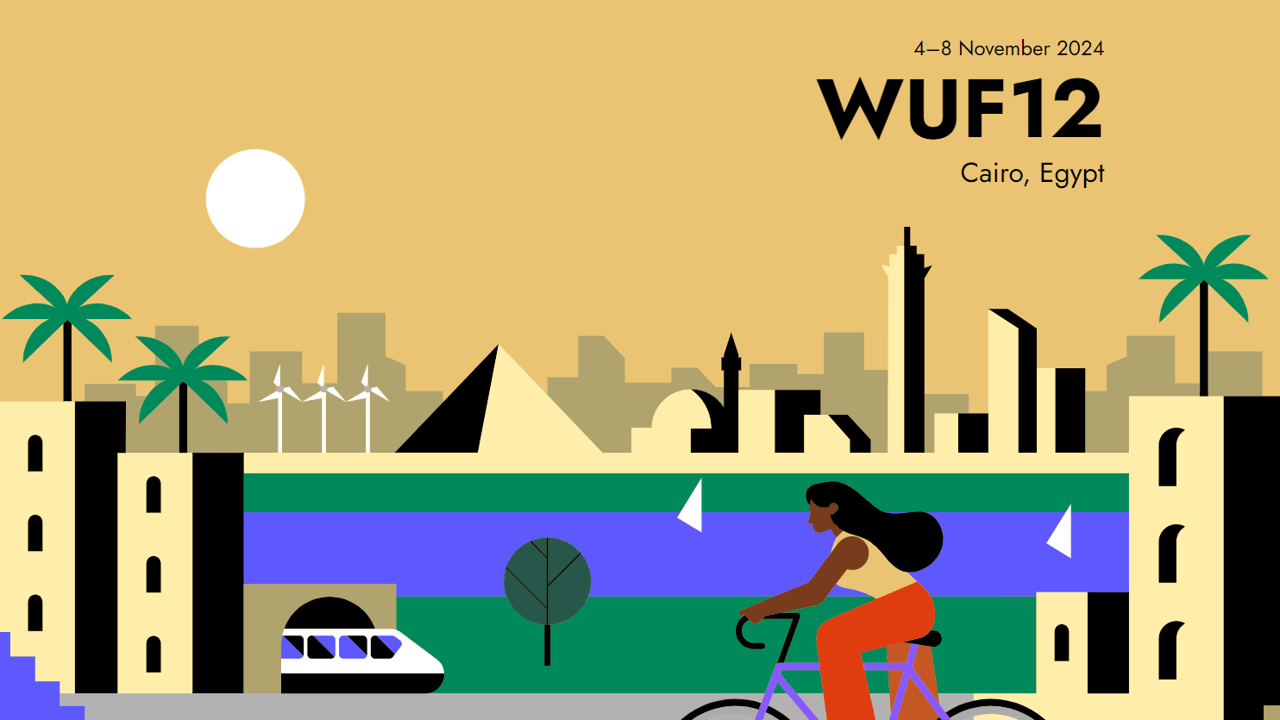
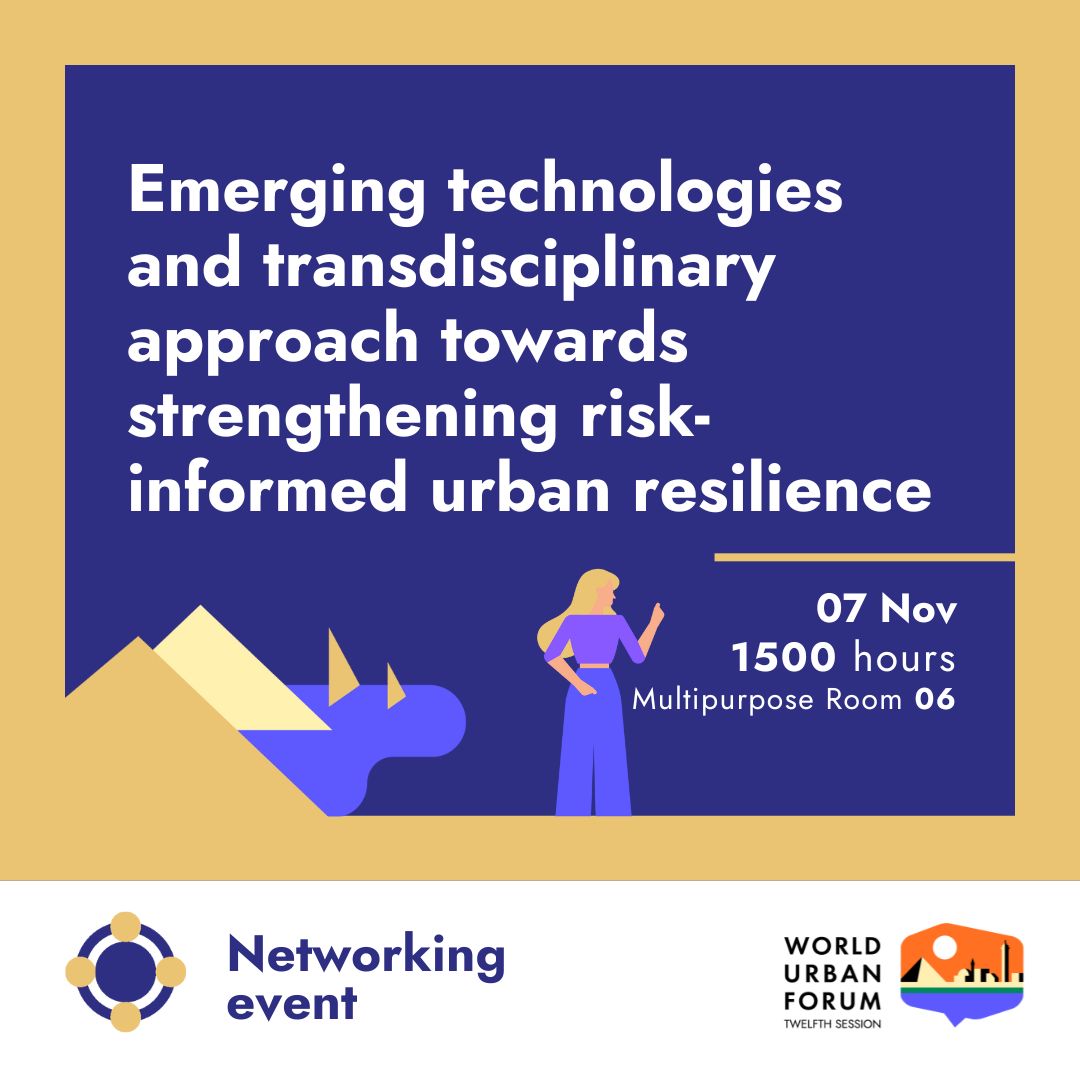
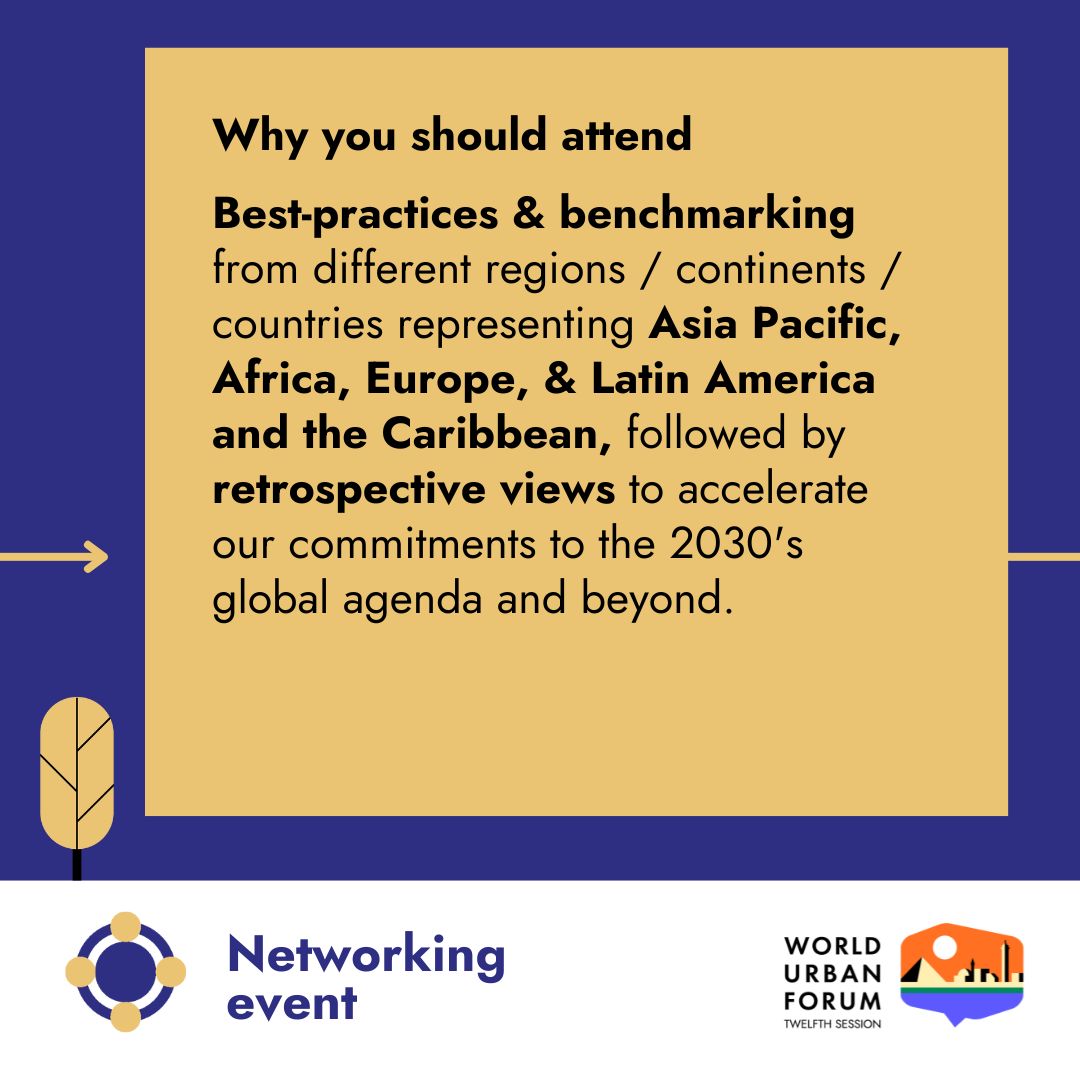
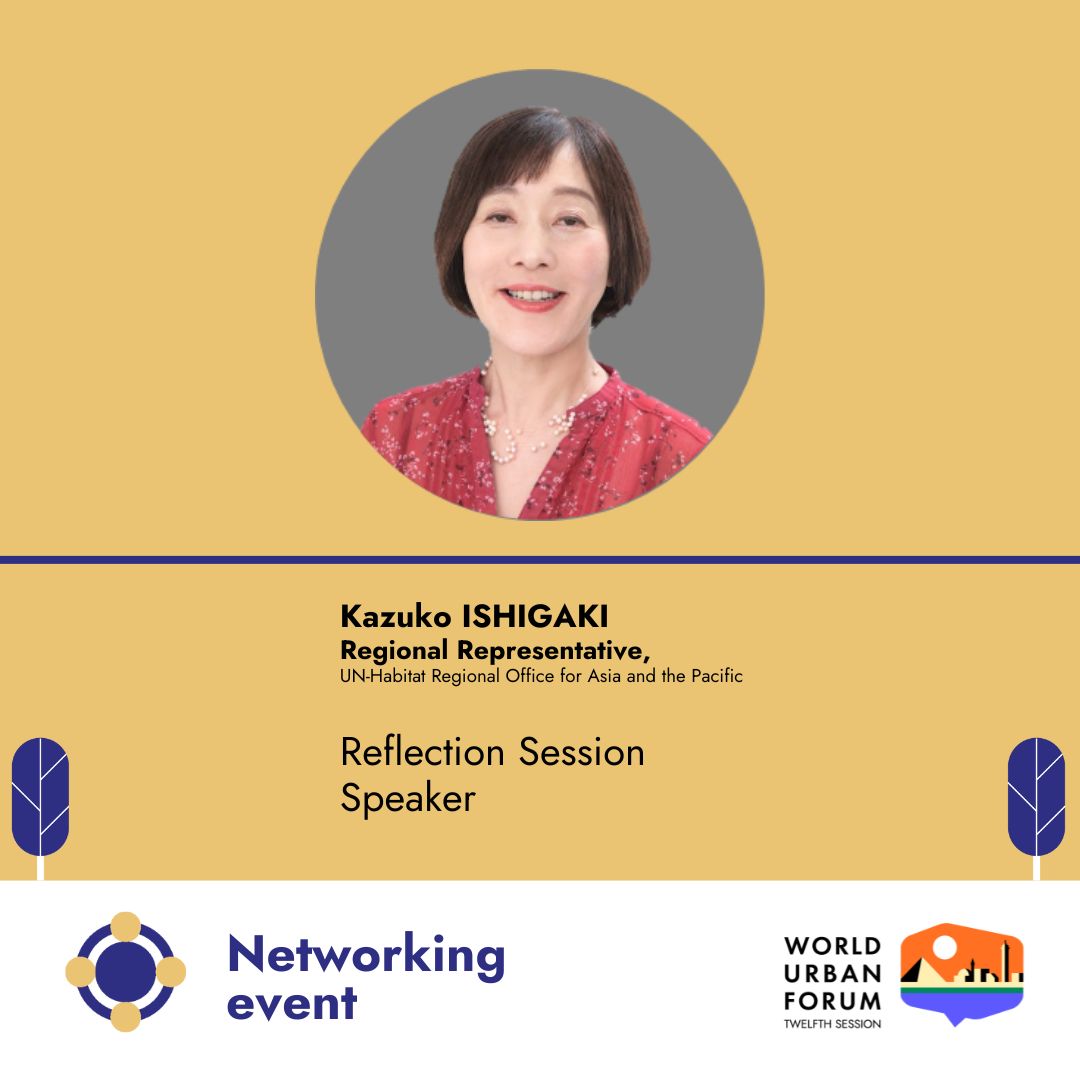
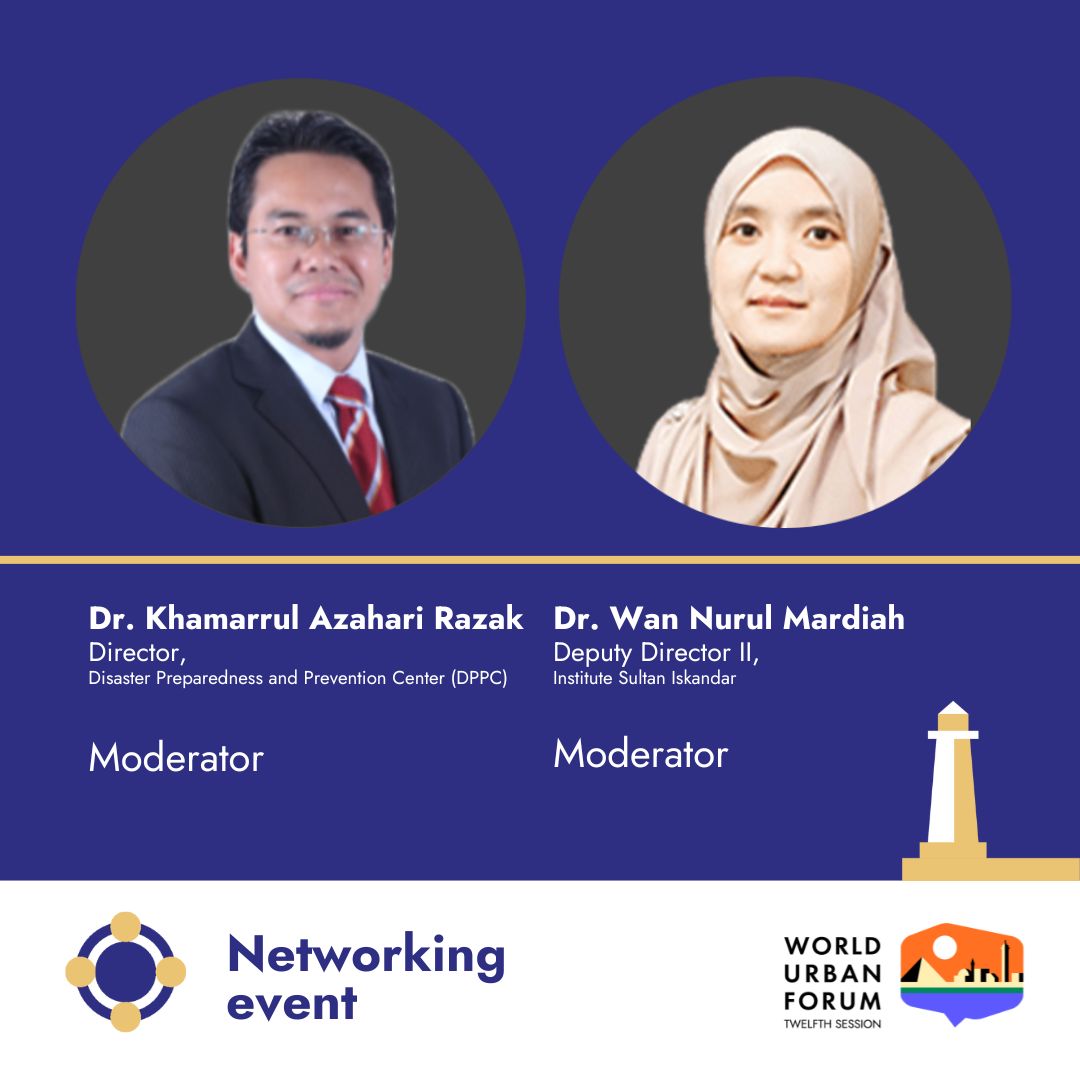
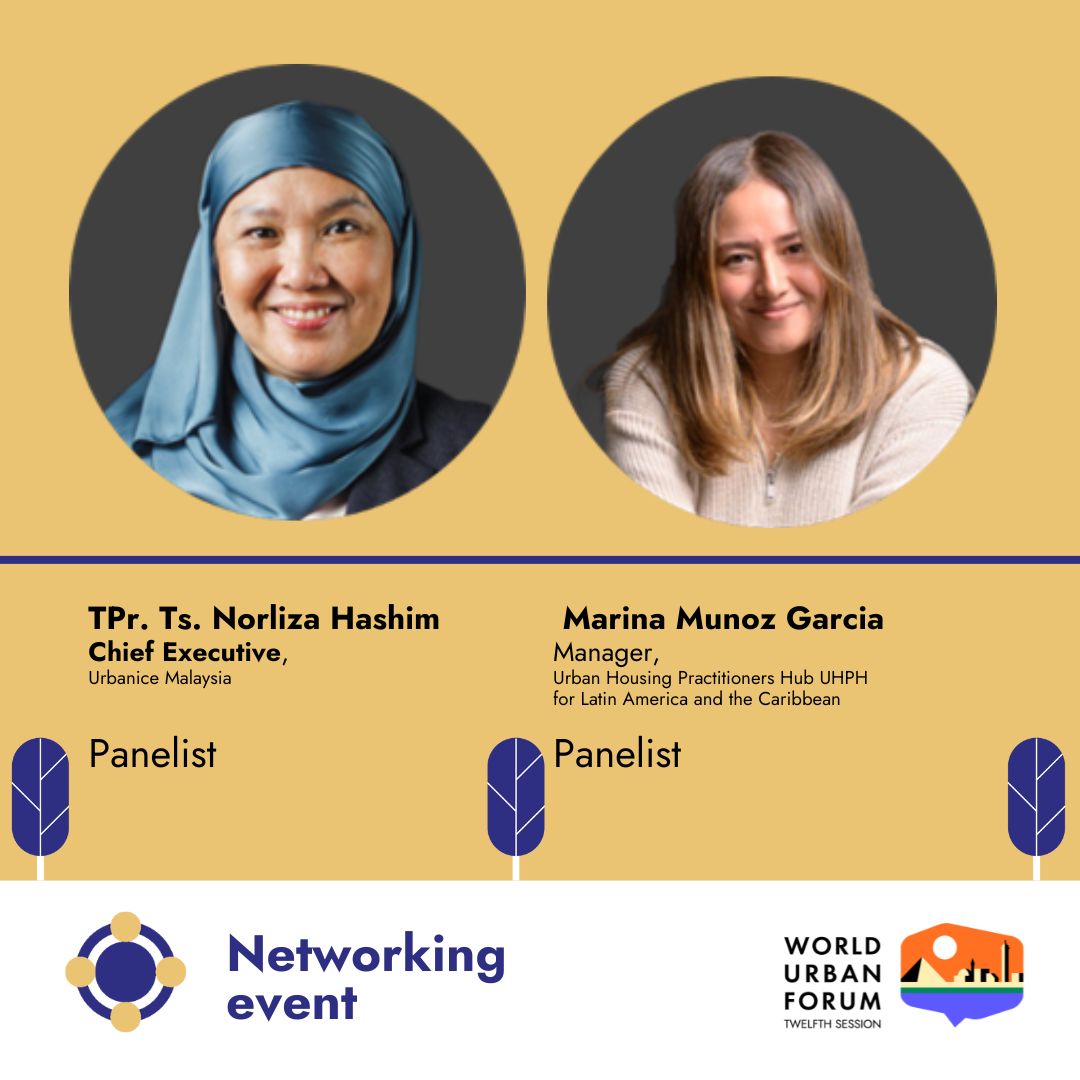
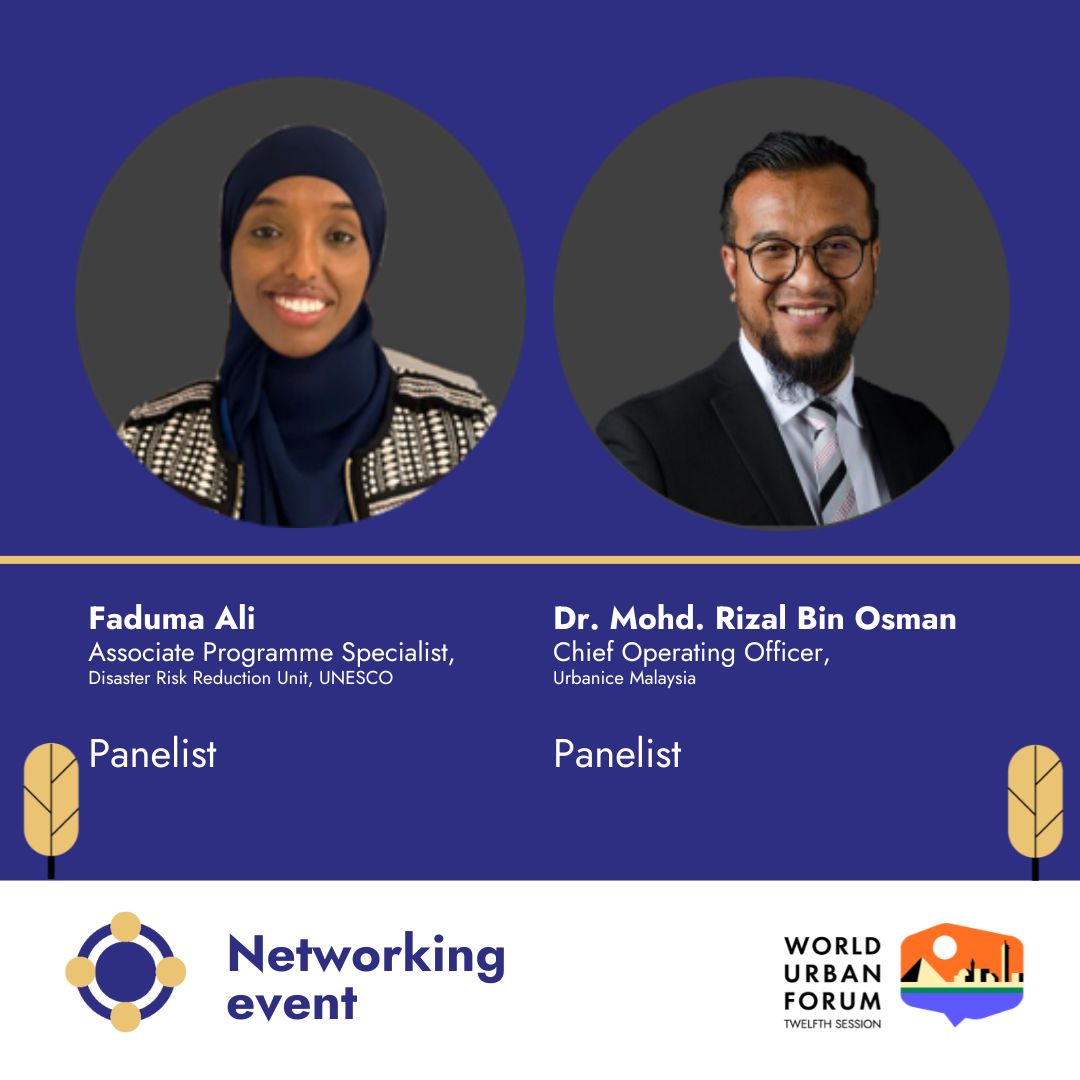
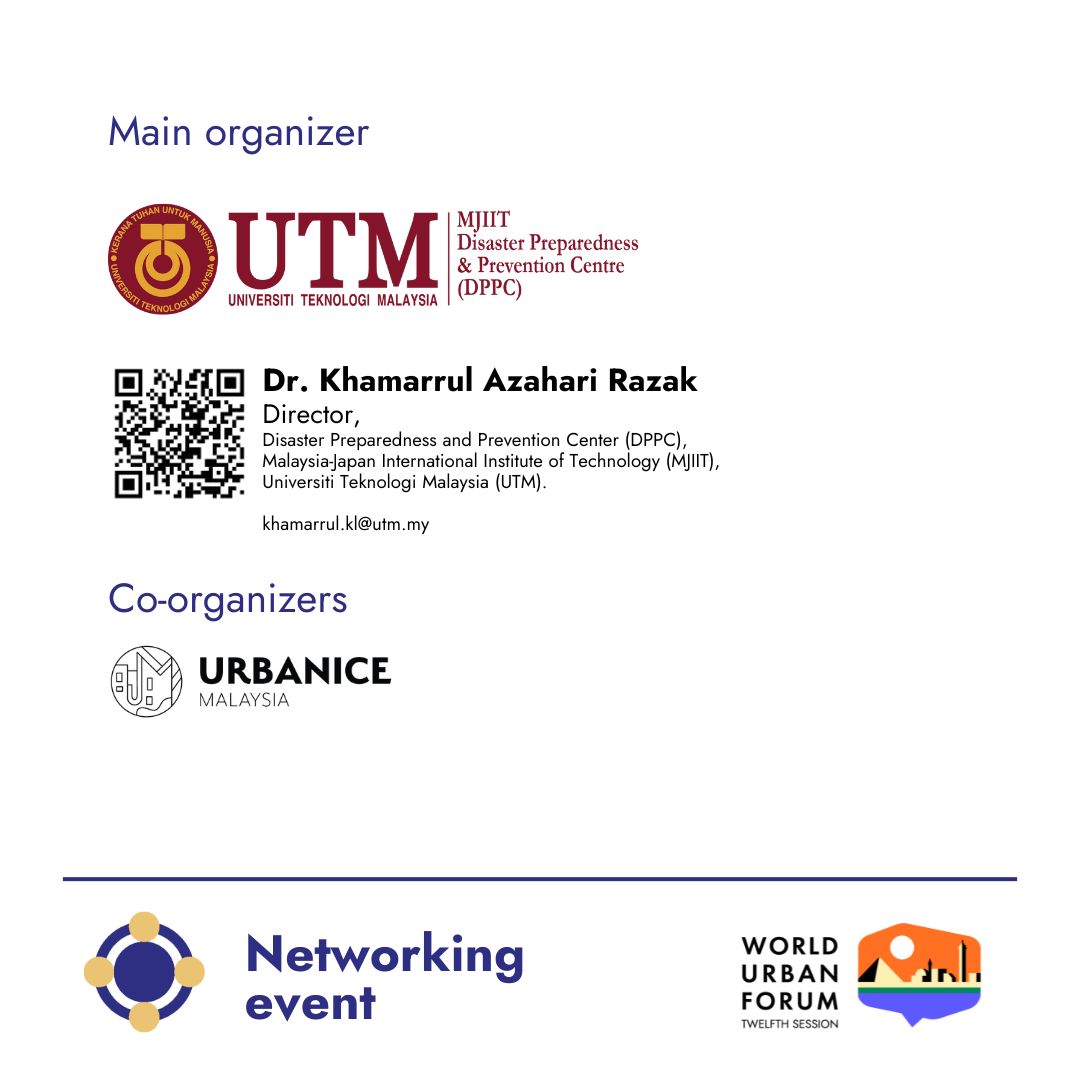
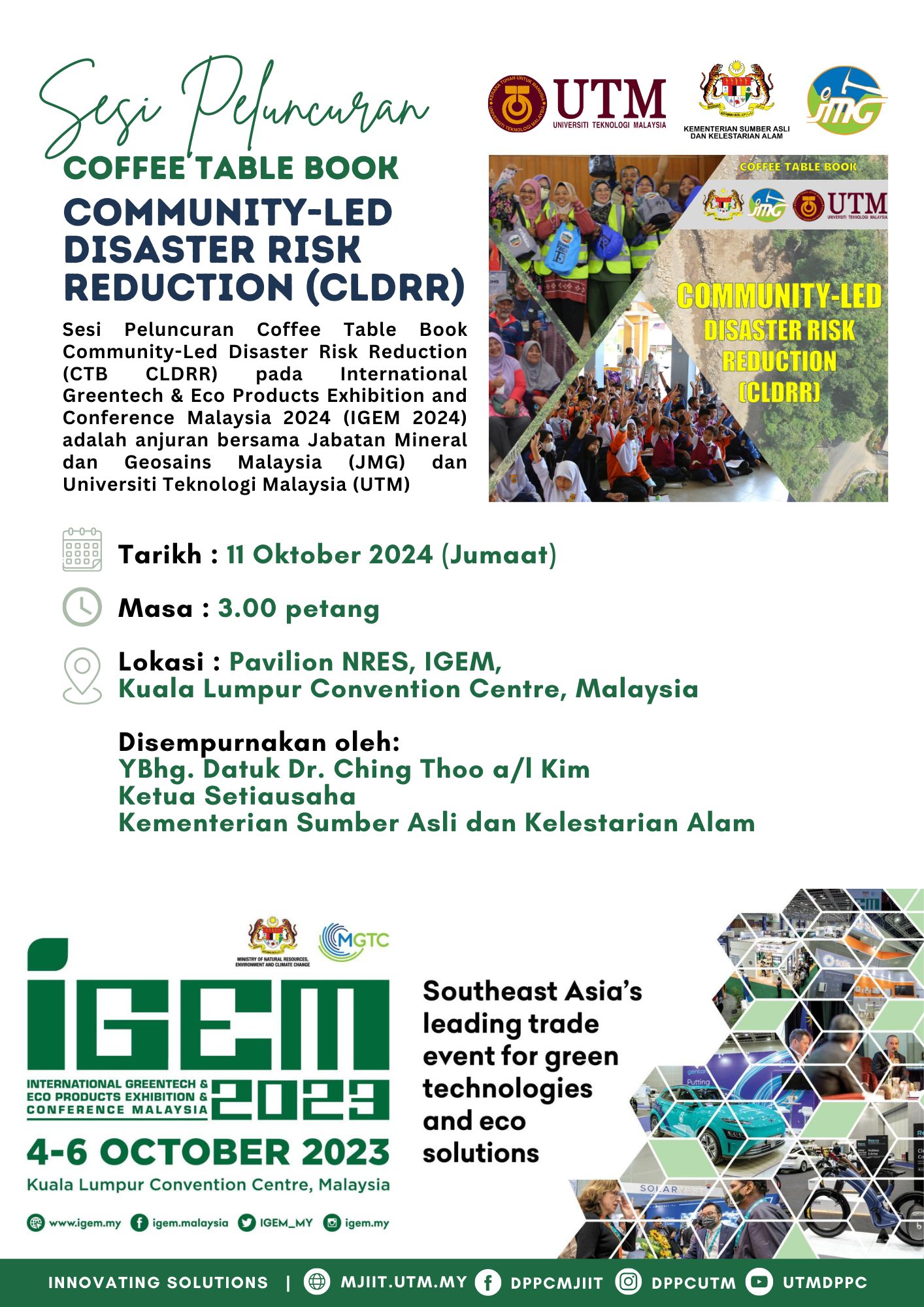
![[EN] STDR3 YAN KEDAH (V6. 08 Aug)](https://mjiit.utm.my/dppc/wp-content/uploads/sites/89/2024/08/EN-STDR3-YAN-KEDAH-V6.-08-Aug.jpg)
